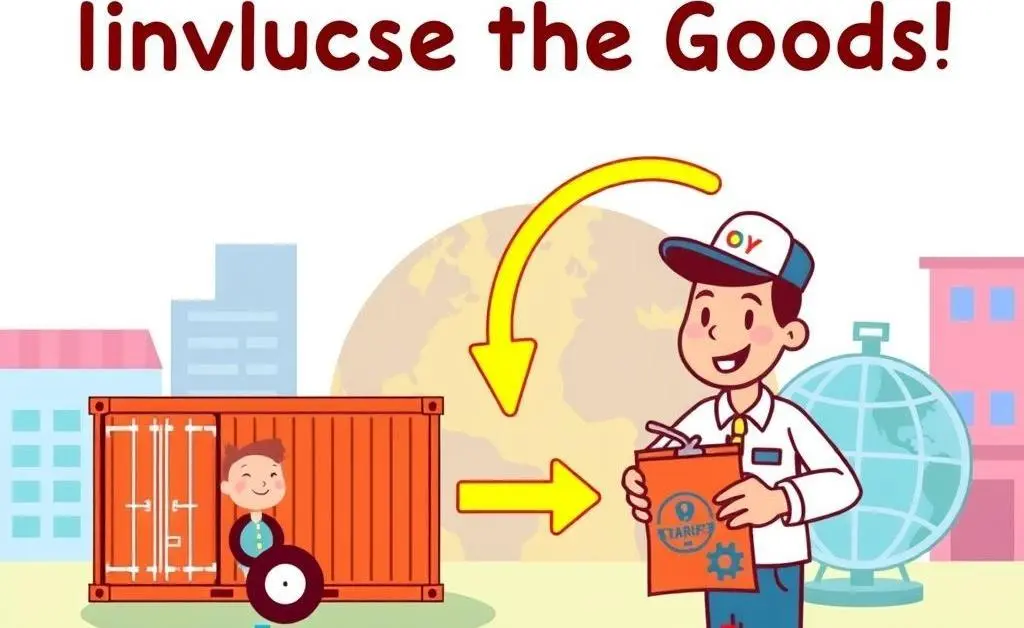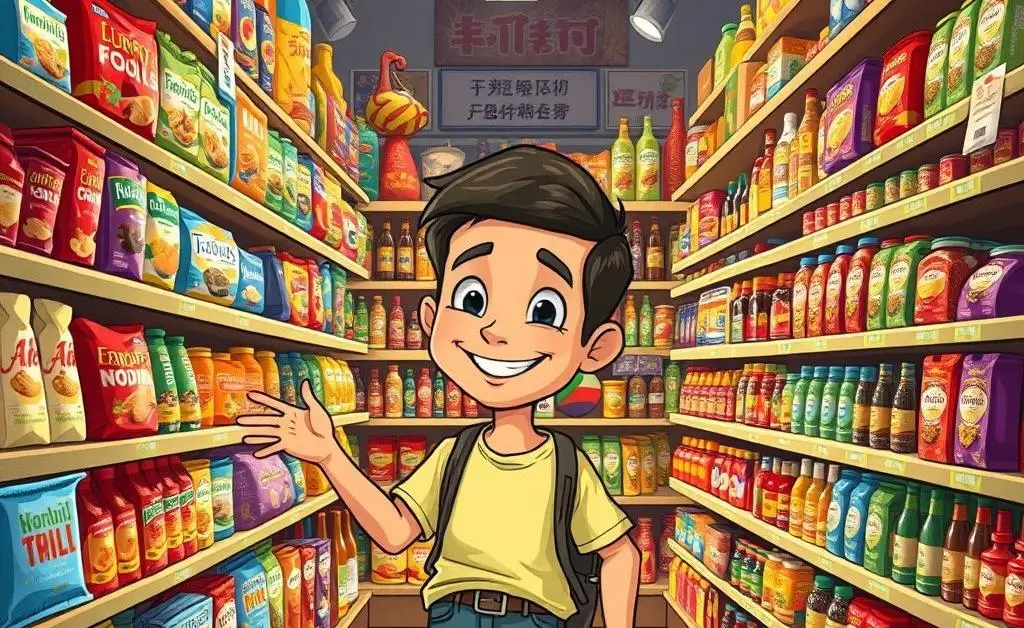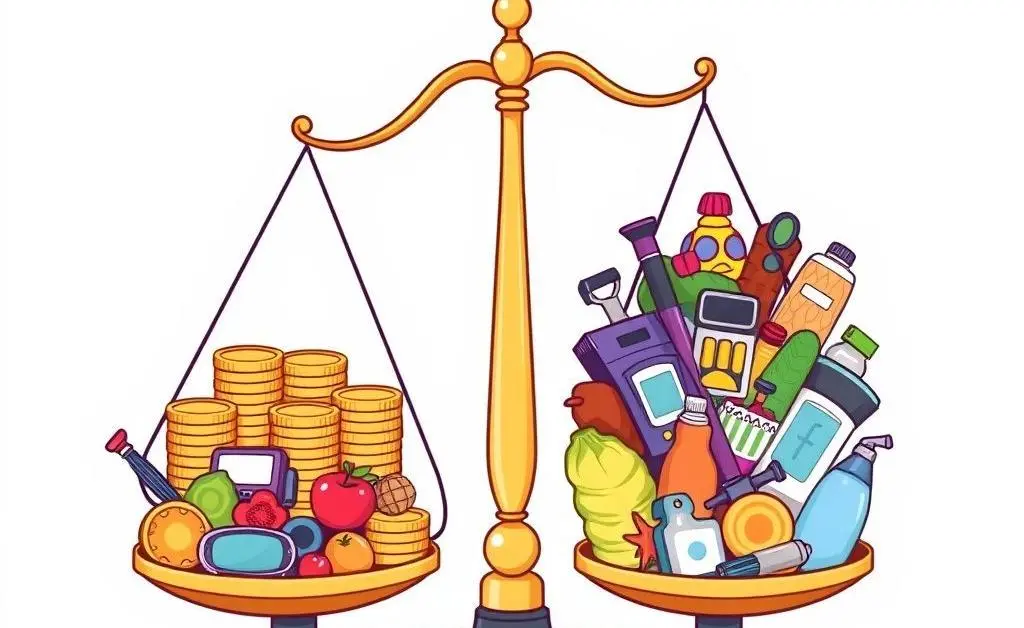Understanding the Impact of Lowered Tariffs on Everyday Life
Discover how tariff reductions could affect your daily expenses and shopping habits.

Imagine walking into your local supermarket and noticing fresh French cheeses at a lower price, or a variety of electronics from Asia becoming more affordable. What if I told you that a recent change in international agreements might be paving the way for such experiences? These are the potential perks of reduced tariffs, a topic bustling with complexities yet holding tangible benefits for everyday consumers.
How Do Tariffs Affect You?
At its core, a tariff is a tax imposed on imported goods. They can inflate the prices of foreign products, making them less competitive compared to local options. So, when tariffs are reduced or eliminated, the immediate effect can be a decrease in the cost of these foreign goods.

Think of it this way: tariffs act like invisible fees tacked onto the goods we love—whether it's Italian wine or Japanese technology. Reducing tariffs often means lowering these fees.
Potential Benefits at a Glance:
- Lower Prices: With fewer tariffs, imported goods might become cheaper, making room for savings.
- Wider Selection: Retailers may expand their range of products, providing more options from different parts of the world.
- Consumer Diversity: More competitive markets could encourage domestic producers to innovate, offering better products to compete with imports.
I remember a friend who loved baking getting ecstatic because her favorite Belgian chocolates were finally affordable enough to use in her signature cookies all year round, without feeling like a splurge. These little lifestyle upgrades illustrate the micro-level wonders of economic policies.

Will Every Industry Benefit?
Not all sectors will feel these changes evenly. Industries heavily reliant on domestic production might initially face stiffer competition. But this isn't necessarily a negative—in some cases, increased competition can boost quality and innovation domestically. It's a dynamic process that balances over time, akin to calibrating a scale.

What Happens Next?
While the process may seem incremental, staying informed about these changes equips us to make better purchasing choices and maximizes the benefits in our everyday lives. Times are ever-changing, and our ability to adapt and leverage these shifts can enhance our quality of life.
How do you feel about these changes? Are there specific products you hope to import more easily? The world of tariffs might not be the most thrilling conversation starter, but unraveling its effects can lead to fascinating discussions about globalization and local economies. Share your thoughts below!




